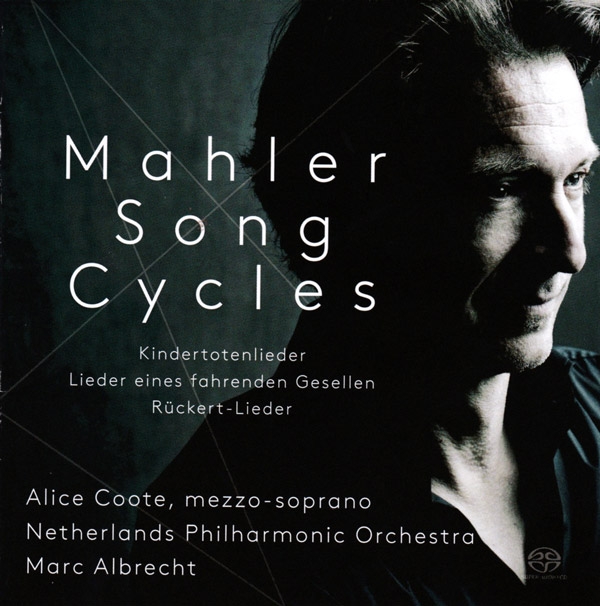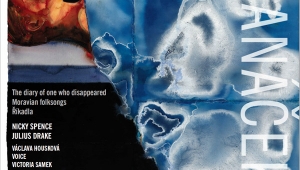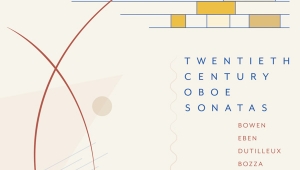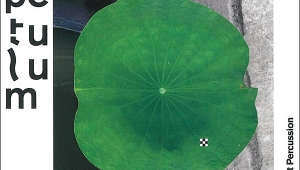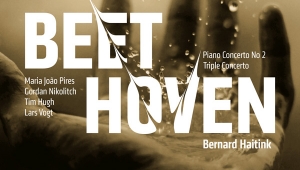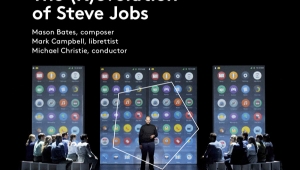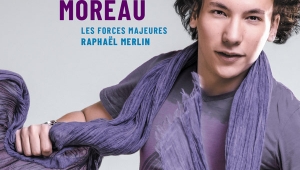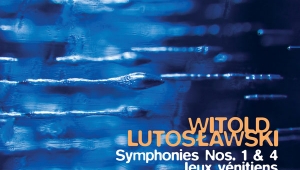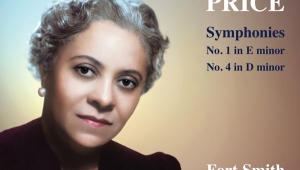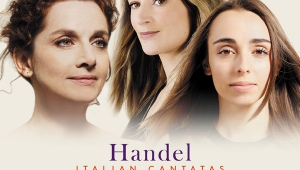| Columns Retired Columns & Blogs |
... in this very long review is just how beautiful these three song collections are. While one conception of Mahler is that he is perpetually mired in grief and angst, the reality is that several songs in both Lieder eines fahrenden Gesellen (Songs of a Wayfarer) and Rückert-Lieder are filled with tenderness. The range of emotions is great, and the truth of existence that Mahler explores anything but hidden. This is great music.
Even without following the words, the melodies and harmonic shifts bring rewards. If, however, you take the time to explore how perfectly Mahler's music illumines the text, the dividends are multiplied.
